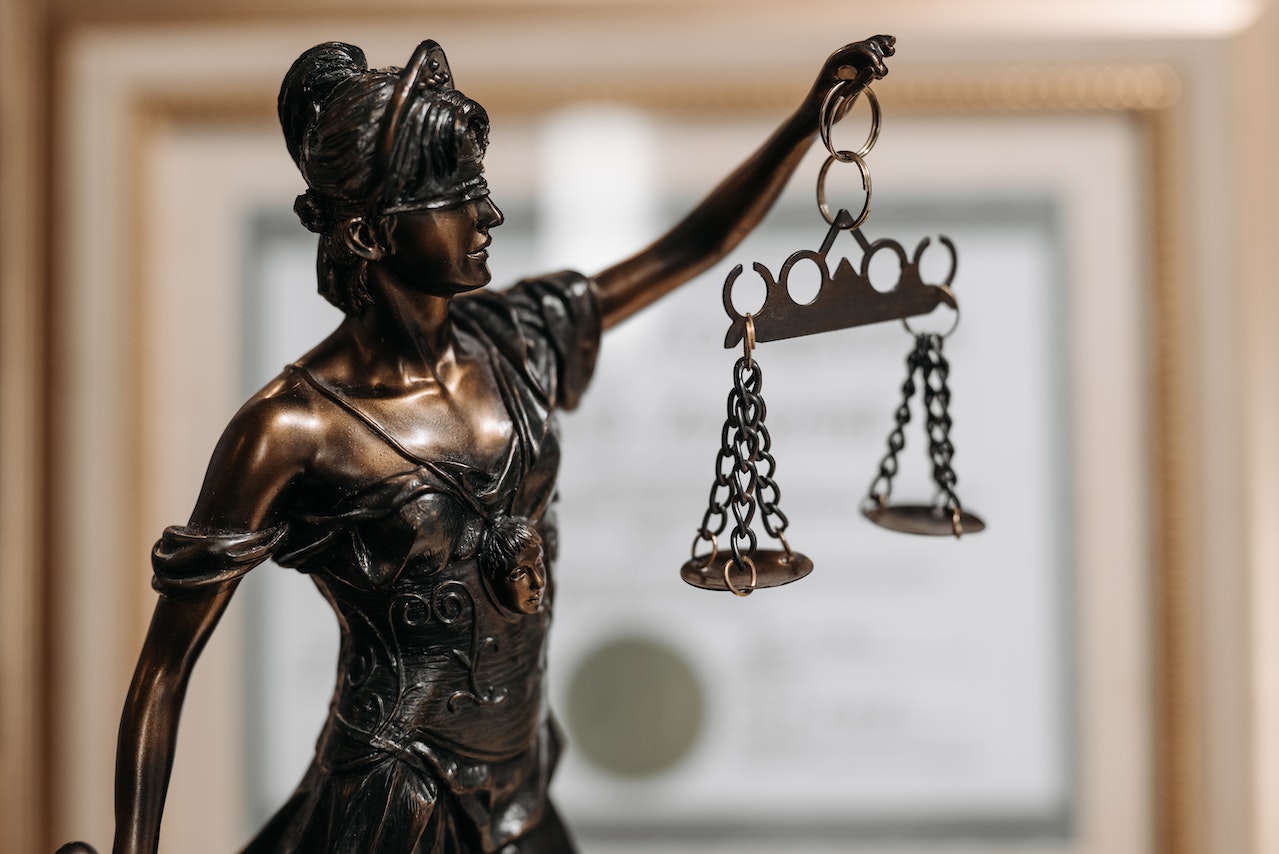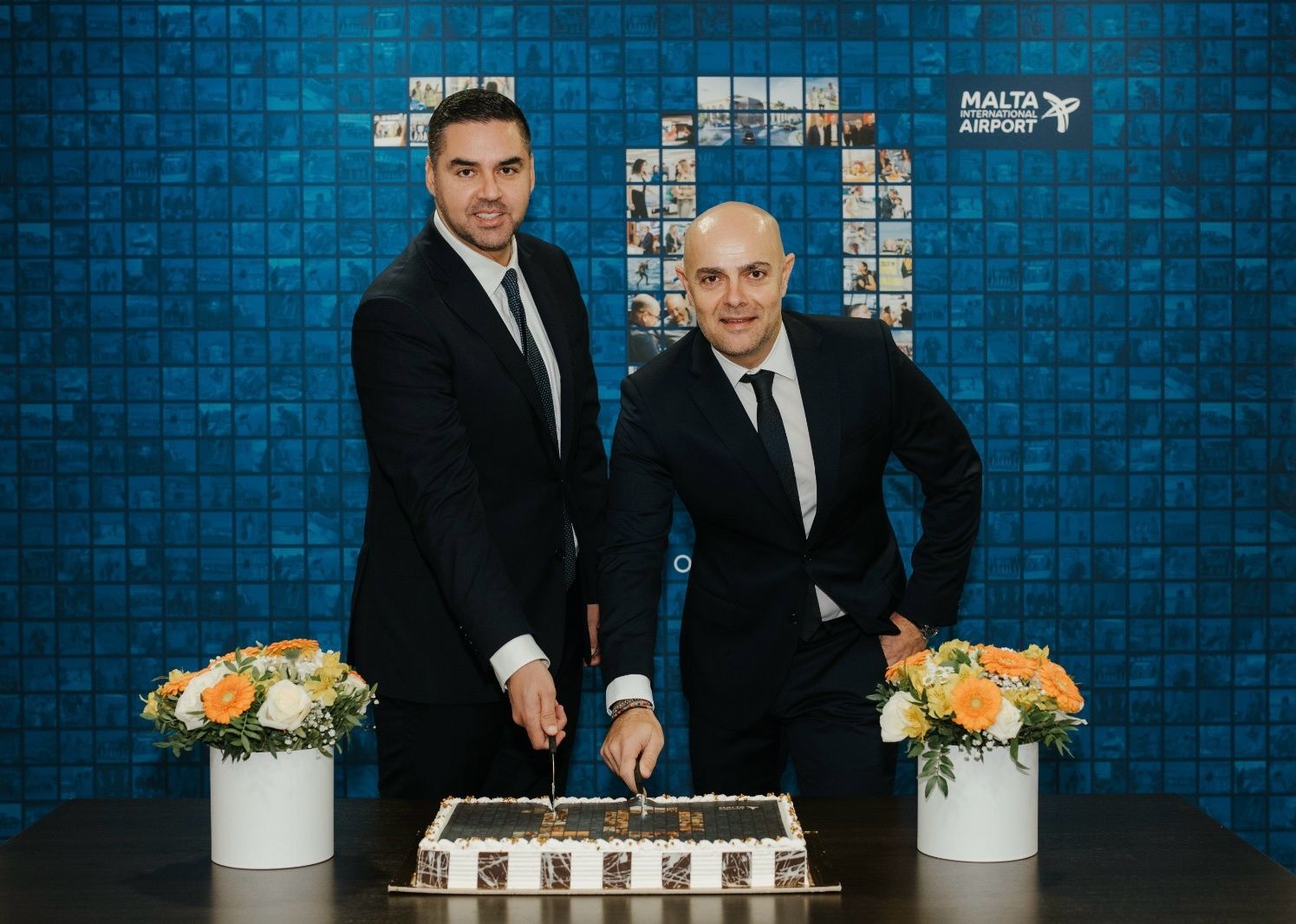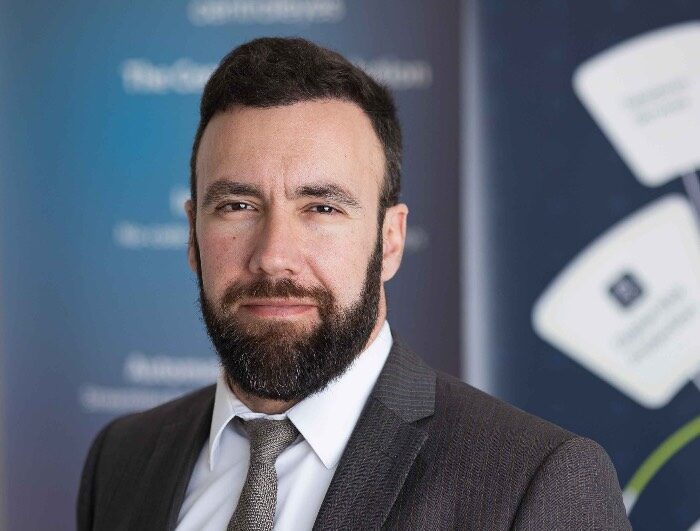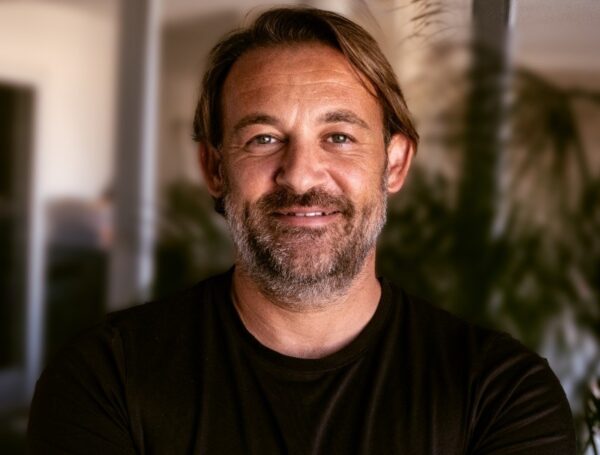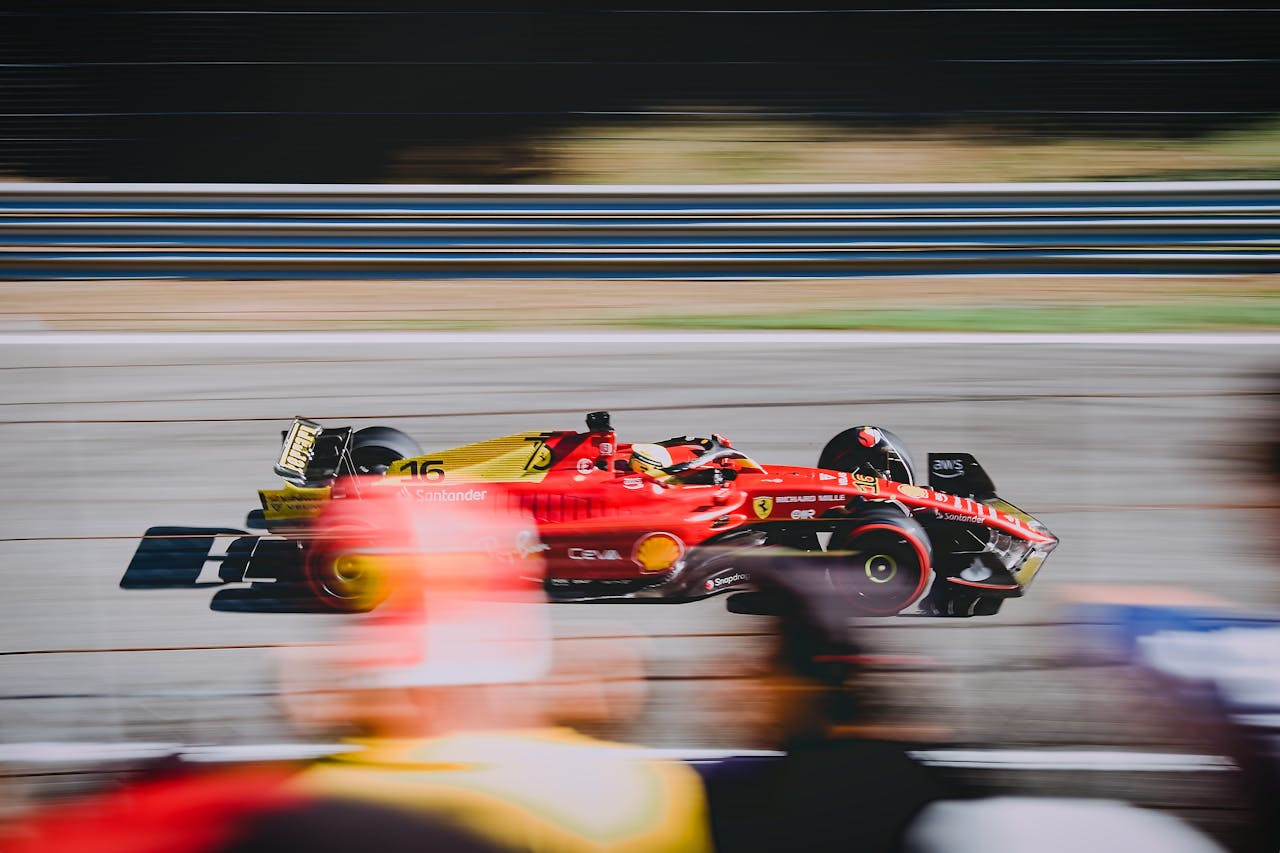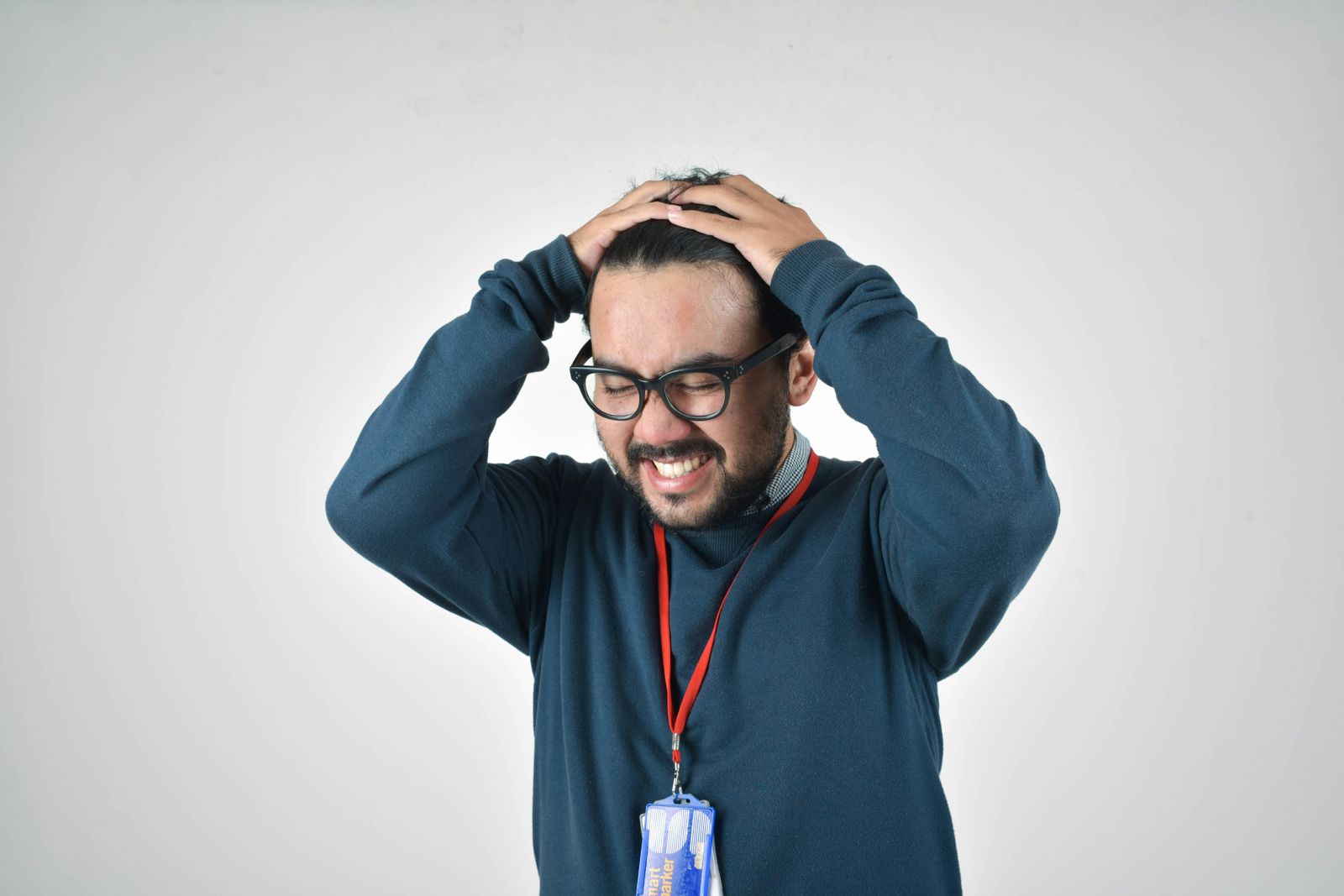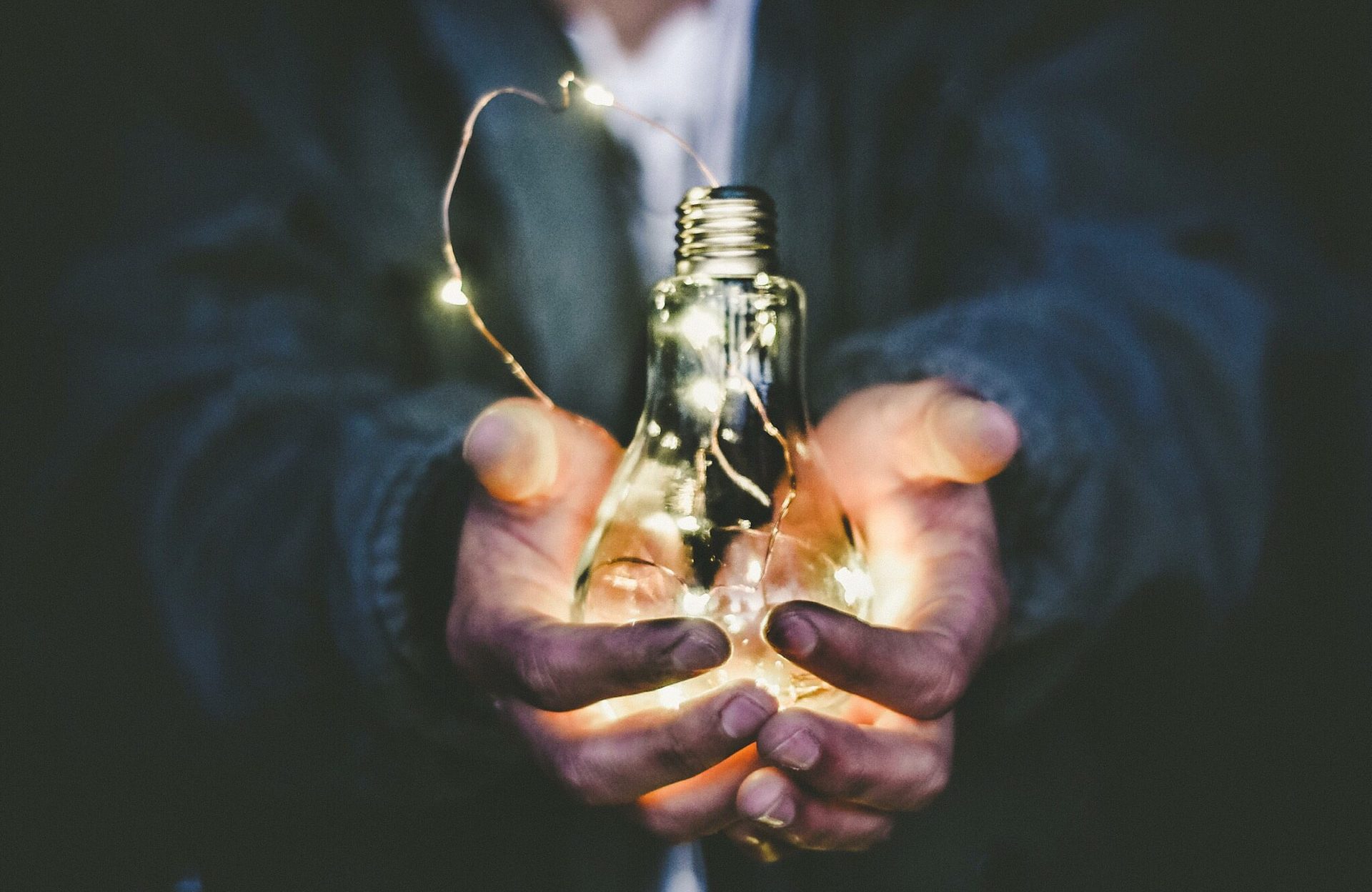If I were to ask you what separates human beings from monkeys and apes, what would your answer be? I assume that most of you would speak of ‘intelligence’. The intellectual superiority of humans vis-à-vis animals is drilled into us from an early age, despite there being circumstances — when we’re stuck in traffic, when another crane pops up, signalling the rise of yet another building disfiguring our beautiful island, or when our neighbours intentionally get the waste collection schedule wrong — when I’m sure I’m not the only one here to have questioned human intelligence.
Despite our human pitfalls, we are intelligent beings. I’ll tell you more. What truly sets us apart from monkeys and apes isn’t merely our intelligence, but more specifically, our innate preoccupation with fairness and equality. You may have heard of the Tomasello experiment, run by American professor Michael Tomasello, that seamlessly proves this point.
Tomasello designed a fairly straightforward study — he paired up two and three year-olds and randomly assigned each of them to be either the ‘lucky’ or ‘unlucky’ child. Lucky children would receive three rewards, while unlucky children receive one. He ran different versions of the study.
In the first, the lucky and unlucky child would walk into a room and simply find their rewards waiting for them. The lucky one would have three, the unlucky child would have one. In the second version of the study, the two children would pull a rope and obtain one and three rewards respectively. In the third version, the two children would work together on a task and at the end would receive their rewards, which would still be three to one.
In the first version of the study, no lucky kid shared their rewards with the unlucky peer. In the second one, some, but not too many, did. However, it is the third version of the study that yielded the most interesting results. In the third set-up, which involved collaboration and teamwork on an equal footing, 80 per cent of the lucky three year-olds renounced one of their rewards to balance out the disparity between themselves and their companions.
To make the point that this is not learned, but innate behaviour, Tomasello highlighted that if ‘sharing’ was indeed learned, then the kids would have shared the rewards in all three settings, not merely the third one. Fairness and equality are distinctly human instincts, Tomasello argued. To bring home his argument he carried out the exact same experiment with chimpanzees. Guess what? Sharing was extremely rare. Collaboration was irrelevant. There was no sense of fairness, no sense of a common and shared ‘we’.
What do fairness and equality have to do with ESG principles? Literally everything. ESG stands for Environmental, Social and Governance, and refers to the three key factors to measure the sustainability and ethical impact of a business or company. The ESGs are connected to another important acronym, the one of the SDGs, the Sustainable Development Goals, a framework established by the United Nations General Assembly in 2015, setting forth 17 critical areas to address economic, social, and environmental challenges by 2030. The SDGs include noble and far-reaching goals, such as ending poverty, zero hunger, gender equality, sustainable cities, peace and strong institutions and much more. The ESGs overlap with each and every one of the SDGs, which effectively means that private companies are in this with all of us — they have their role to play in making the world we live in more equitable, more liveable and more sustainable. They simply can’t opt out, and shouldn’t want to opt out, because it goes against their own interest. It may seem like a conundrum, but profit, people and planet are not strange bedfellows, and it all boils down to that innate sense of fairness that characterises the human species.
If you own or work for a small business, and need the tools and support to implement ESG in a simple but effective manner, drop us a line on info@weaveconsulting.eu or learn more here.
ESG can be complex, but it doesn’t have to be complicated!
Give back to the community: 5 ways business leaders can use their influence to be more philanthropic
Given social media’s rise in recent years, business leaders’ roles as instigators for social change have never been greater.
What CEOs can learn from Ferrari and a children’s hospital
An unusual combination that makes for great insight.
3 strategies to help your team manage stress and stay productive
As a leader, you play a crucial role in creating a workplace culture that prioritises both productivity and employee well-being.
5 key self-development tips every business leader needs to take note of
Self-development can come in the form of better leadership skills, growing a wider network of contacts, and also an improved ...


